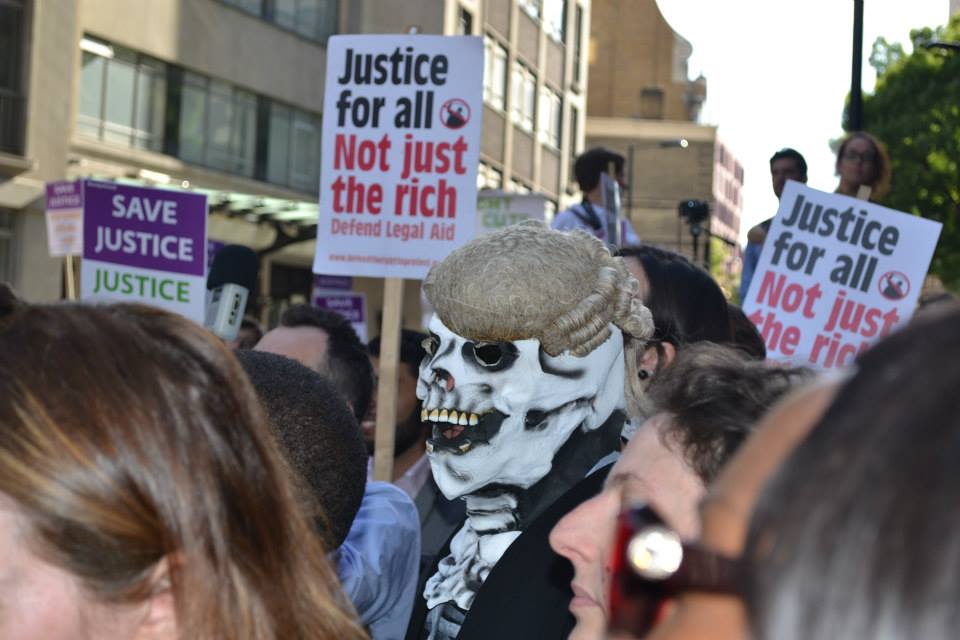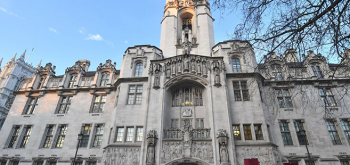Criminal barristers have voted for strike action in publicly funded defence cases. The Criminal Bar Association’s (CBA) ballot result, which was announced yesterday, revealed that, out of the 2,055 who cast their vote, 81.5% supported taking days of action. The majority voted in favour of ‘the highest form of escalation’ – days of action combined with not accepting new instructions and no returns.
Those who participate in days of action will not attend court. The first action days are scheduled for Monday and Tuesday next week and there will then be an ‘escalating series of days, each successive week’.
The CBA is also encouraging those participating in strike action to picket outside the Old Bailey and Crown Courts in Birmingham, Bristol, Cardiff, Leeds and Manchester.
The ballot was commissioned to determine if there was desire for escalation of action from the barristers’ current no returns action. No returns action began in March 2022 and it relates to publicly funded defence cases under which only the instructed advocate can make a claim for payment. A return takes place when a barrister accepts instructions to appear at any hearing in a such cases where another advocate is nominated as the ‘instructed advocate’. This typically happens where one barrister experiences a clash of listings and another steps in to cover one of their cases.
The CBA described the acceptance of returns as ‘an act of good will’ to support the justice system. They state that returns are ‘usually re-allocated very close in time to the scheduled hearing’ and that ‘the amount of work involved is often wholly disproportionate to the fee’.
No returns and the newly announced strike action operates in response to concerns about the state of the criminal justice system and resulting low retention rates of criminal barristers. Following an independent review by former judge, Sir Christopher Bellamy, government ministers announced proposed changes and fee increases. However, some lawyers have suggested that there must be a more immediate increase in pay, referencing figures such as the legal aid budget’s 43% fall in real terms since 2004-2005 and a fall in income for criminal barristers of nearly 30% over the past twenty years.
The CBA’s chair, Jo Sidhu QC, and vice chair, Kirsty Brimelow, have described the ballot result as recognition that ‘the survival of a profession of specialist criminal advocates and the criminal justice system’ is ‘at stake’. They say that ‘without immediate action to halt the exodus of criminal barristers […] the recent backlog that has crippled […] courts will continue to inflict misery upon victims and defendants alike, and the public will be betrayed’.
Previously, the CBA has stated that over the last five years, the criminal bar has lost approximately a quarter of its full time juniors and full time QCs. It cited ‘low renumeration and high levels of stress’ as being two predominant factors which have driven this loss.







